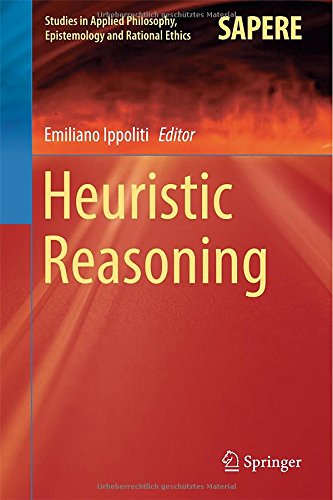

Most ebook files are in PDF format, so you can easily read them using various software such as Foxit Reader or directly on the Google Chrome browser.
Some ebook files are released by publishers in other formats such as .awz, .mobi, .epub, .fb2, etc. You may need to install specific software to read these formats on mobile/PC, such as Calibre.
Please read the tutorial at this link: https://ebookbell.com/faq
We offer FREE conversion to the popular formats you request; however, this may take some time. Therefore, right after payment, please email us, and we will try to provide the service as quickly as possible.
For some exceptional file formats or broken links (if any), please refrain from opening any disputes. Instead, email us first, and we will try to assist within a maximum of 6 hours.
EbookBell Team

0.0
0 reviewsHow can we advance knowledge? Which methods do we need in order to make new discoveries? How can we rationally evaluate, reconstruct and offer discoveries as a means of improving the ‘method’ of discovery itself? And how can we use findings about scientific discovery to boost funding policies, thus fostering a deeper impact of scientific discovery itself?
The respective chapters in this book provide readers with answers to these questions. They focus on a set of issues that are essential to the development of types of reasoning for advancing knowledge, such as models for both revolutionary findings and paradigm shifts; ways of rationally addressing scientific disagreement, e.g. when a revolutionary discovery sparks considerable disagreement inside the scientific community; frameworks for both discovery and inference methods; and heuristics for economics and the social sciences.